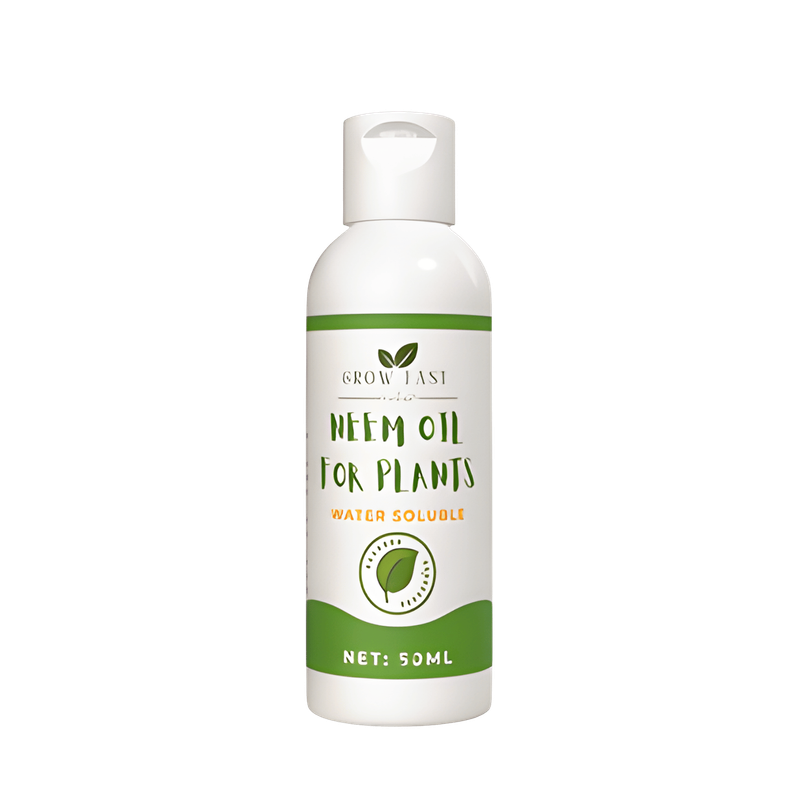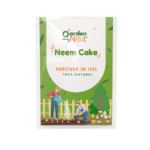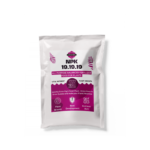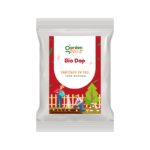Neem Oil for Plants: The Complete Guide to Natural Gardening
Neem oil for plants is a widely trusted solution in organic gardening, offering a natural and effective way to control pests and diseases. As a powerful neem oil insecticide for plants, it works by disrupting insect growth cycles while being safe for the environment. Gardeners use neem oil plant spray regularly to protect against common plant pests like aphids, spider mites, and whiteflies, making it an essential part of neem oil pest control for plants.
One of the major neem oil benefits for plants is its dual action as both a pesticide and a fungicide, especially effective for treating fungal diseases. Whether you’re looking for neem oil for garden plants, neem oil for vegetable plants, or neem oil for indoor plants, this treatment suits all plant types, including trees and ornamentals. Many plant enthusiasts prefer homemade neem oil spray for plants using a simple neem oil spray recipe for plants—usually mixing organic neem oil for plants with water and a mild soap.
| Advantages | Disadvantages |
|---|---|
| Neem oil for plants is a natural, non-toxic solution, ideal for gardeners seeking organic plant pesticides and natural plant pest control. | Overuse or improper application of neem oil plant spray can lead to leaf burn, especially if users don’t follow guidelines on how to use neem oil on plants. |
| Works as both a fungicide and insecticide—treating neem oil for fungal diseases in plants and pests like aphids (neem oil spray for aphids). | Neem oil may not give instant results against neem oil for plants pests and requires repeated use over time. |
| Effective on a wide range of plant types, including neem oil for garden plants, neem oil for vegetable plants, neem oil for indoor plants, and trees. | The strong odor of organic neem oil for plants or homemade neem oil spray for plants may be unpleasant in enclosed indoor spaces. |
| Provides long-term pest control by interrupting pest life cycles, making it effective for neem oil pest control plants and lasting neem oil plant treatment. | Needs to be applied regularly and after rain, which can be time-consuming. |
| Supports overall plant health—offering powerful neem oil benefits for plants and contributing to effective neem oil for plant care. | Poor-quality or diluted products can reduce effectiveness—important to choose the best neem oil for plants. |
| Safe for pollinators and beneficial insects when used correctly—great for eco-friendly neem oil gardening tips. | Can be harmful to aquatic life; use caution when rinsing treated plants near water bodies. |
| Easy to prepare and use as a homemade neem oil spray for plants using a simple neem oil spray recipe for plants. | Application errors such as improper dilution or timing (e.g., midday sun) can harm foliage, stressing the need to learn how to apply neem oil on plants. |
| Versatile application—ideal for neem oil for plants and trees, allowing widespread use in home gardens and professional landscaping. | Some pests may develop resistance, requiring complementary methods beyond natural pest control neem oil. |
| Works effectively when incorporated into regular neem oil gardening tips, especially for neem oil insecticide for plants and neem oil plant spray routines. | May not be sufficient on its own in cases of severe infestations; combining with other organic plant pesticides might be necessary. |








